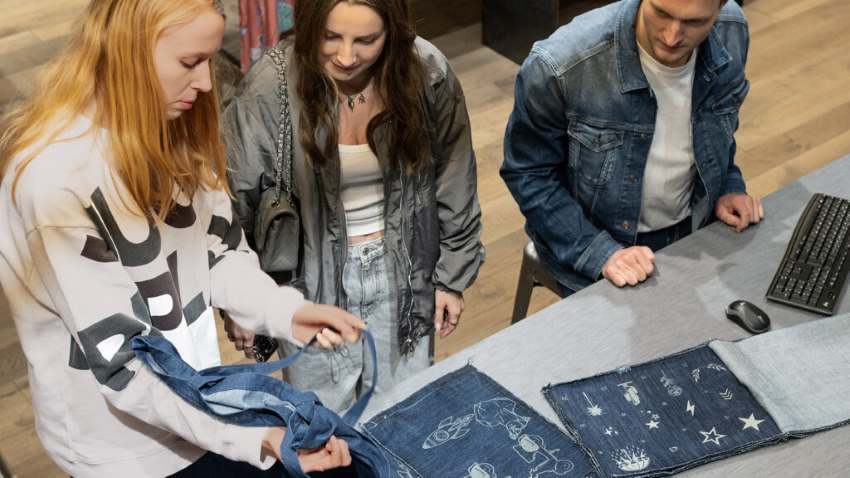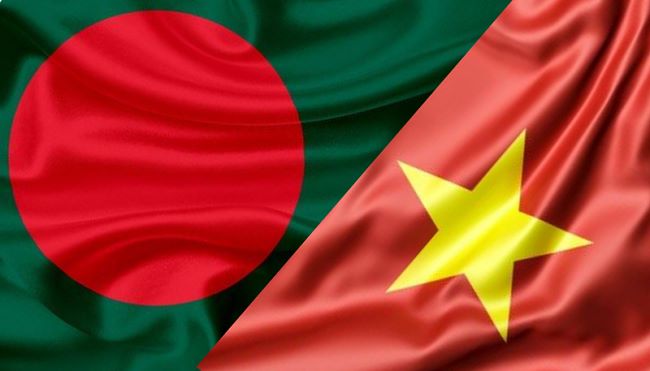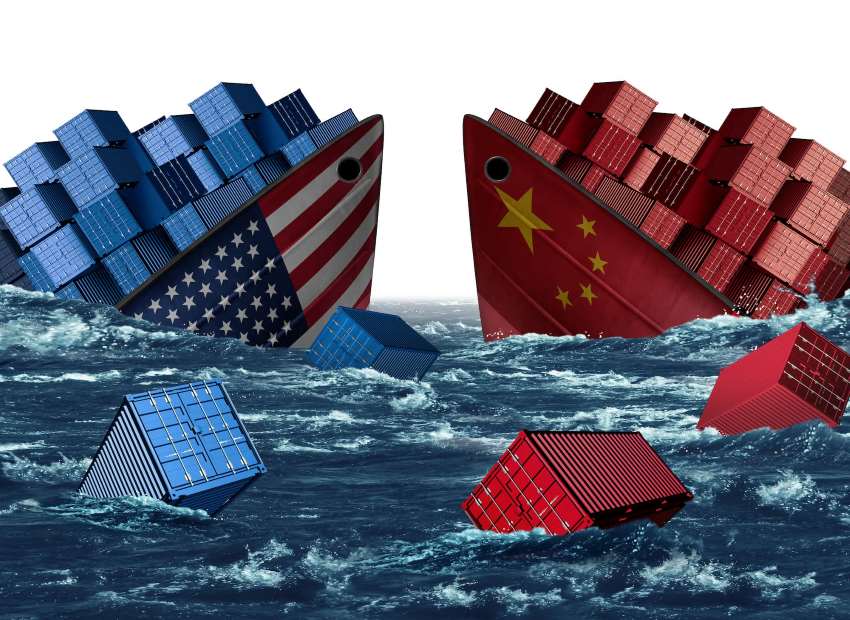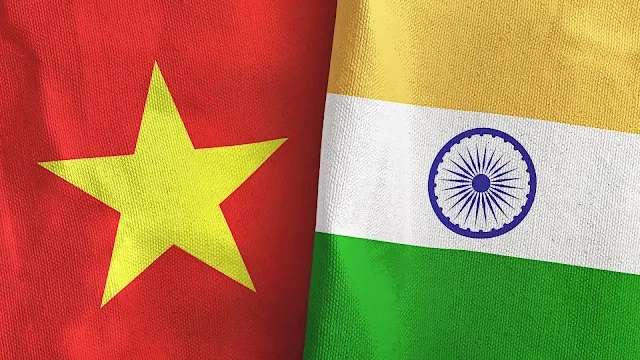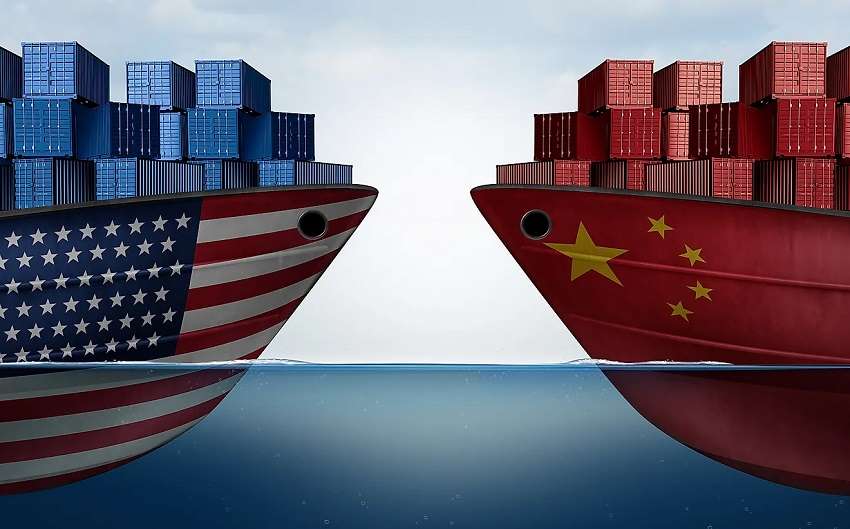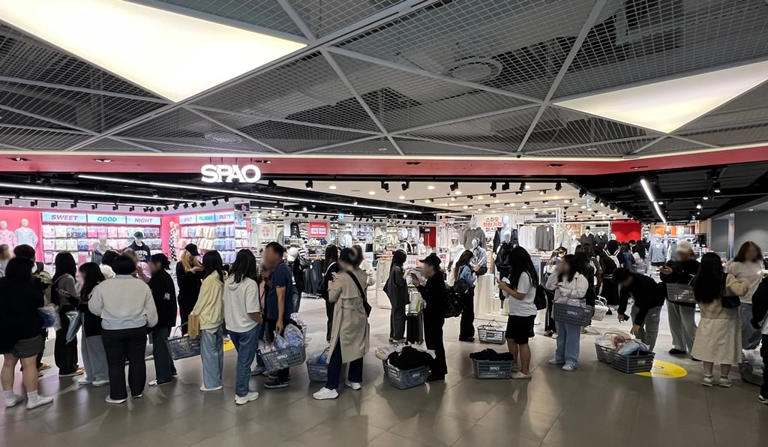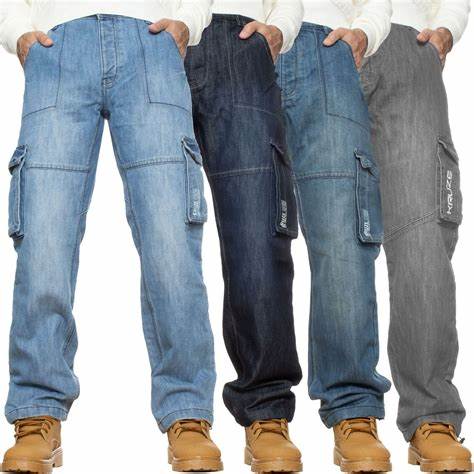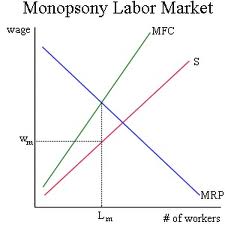
Bangladesh saw remarkable growth in export of ready-made garments (RMG) to the United States between 2005-11. However, since then growth has slowed down for both knits and woven garments. Between 2011 and 2014, total apparel export rose by 7.3 per cent, which was a little more than the increase in the US apparel import demand. This means that Bangladesh had a marginal rise of 0.1 per cent in its share of the US market. A decrease in exports of Bangladesh’s single largest export destination shows that there is a downtrend in garment exports.
AGOA may cause disruptions
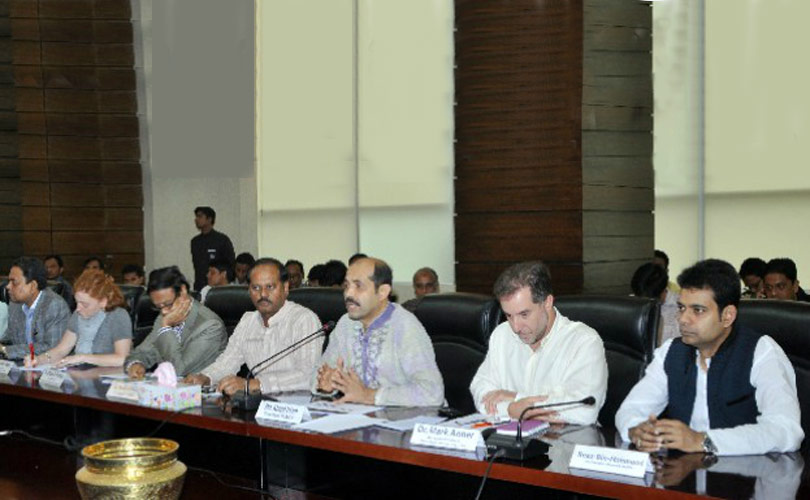
Now Bangladesh has tough competition from Africa which is fast emerging as a sourcing destination for Europe and the US. The African Growth and Opportunity Act (AGOA) was passed by the US over a decade ago, where it offers tangible incentives to African countries. This is to continue their efforts to open up their economies and build free markets. Due to this, it is highly possible that Bangladesh may lose its competitiveness in the export of garments to the US.
Bangladesh currently pays 15.62 per cent duty for its garment exports to the US, whereas Vietnam pays 8.38 per cent. If the TPP (Trans-Pacific Partnership) comes through, Vietnam’s garment items will enjoy duty-free access to the US. Since US tariffs treat Bangladesh like a developing country and not like a LDC (least developed countries), it has to pay more tariffs than France does for one-15th of the exports. The high tariff rates levied on Bangladeshi apparels hinders RMG industry’s capacity to partake in a bigger share of the US market.
Vietnam’s apparel exports too could rise faster than the current rate, eventually capturing a larger share of the US market. Vietnam has done well through 2005 to 2014 compared to Bangladesh. Also, there’s a gradual dip in the price of Bangladesh garments in the US.
Competition on the rise
In the last couple of years, the prices of apparel items dipped significantly in the international market. This is because global buyers controlled the market and pressurised suppliers to lower prices. The reduction of price is through 'monopsony', (monopsony is a market condition similar to monopoly, where a large buyer, not seller, controls a major portion of the market, and drives prices down). It is sometimes referred to as buyer's monopoly this helps big buyers to put pressure to reduce the prices of products because the number of suppliers is much higher than that of buyers.
Garment products from China and Vietnam too have risen and Vietnam has already entered into a partnership agreement with some other countries including the US. The US-led trade pact, Trans-Pacific Partnership (TPP) involves 12 countries: Australia, Brunei, Canada, Chile, Japan, Malaysia, Mexico, New Zealand, Peru, Singapore, the US and Vietnam. This accounts for 40 per cent of the world GDP (gross domestic product) and Vietnam is the only garment-producing country that is included in the TPP.
Bangladesh though, has signed Trade and Investment Framework Agreement (TIFA),a bilateral agreement between the US and another country. TIFA 2005 stressed the need to ‘encourage and facilitate the exchange of goods and services and to secure favourable conditions for long-term development and diversification of trade between the two countries’. Next, there could be negotiation of a bilateral free trade agreement between Bangladesh and the US.
Bangladesh could take an interim measure, improve compliance, take an initiative to take protection of the Competition Act and coordination and close relations with the US lawmakers and the Washington administration, to get favourable terms of trade. It can even ask for protection from monopsony from small US buyers. This can lead to control over price and market by retailers. Moreover, it can follow the Chinese strategy of enhancing productivity and manufacturing high value-added products to increase its market share in the US.

